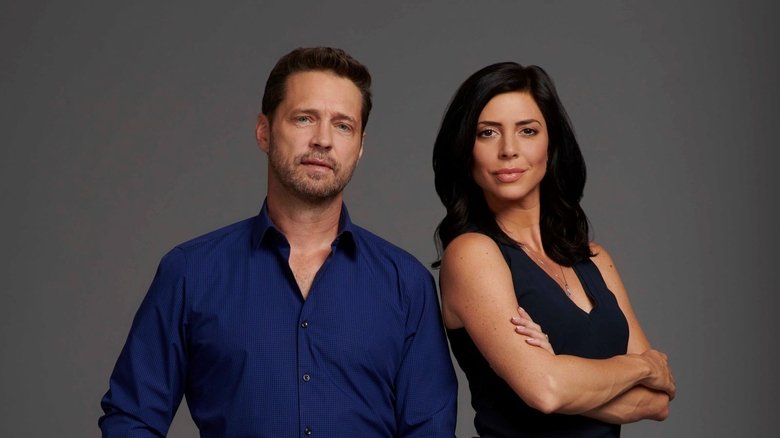
In the film, Brown played recalcitrant former soldier Robert T. Rather than report to training, Brown abruptly retired. Poor weather delayed the production, keeping Brown on location. Brown was entering the final year of a three-year contract. Owner Art Modell threatened to suspend and fine Brown for time missed from camp. After the 1965 football season, when Brown was only 30 and in his prime, he traveled to Europe for his part in the screen adaptation of the novel “The Dirty Dozen.” When the Browns opened their 1966 training camp, their star back was still absent. His second role demonstrated this fact best.
#PRIVATEEYES CASR MOVIE#
When the movie industry expressed interest, Brown was a willing participant, looking to broaden his reach.

Brown even partnered in an enterprise that helped manage and promote his buddy, Muhammad Ali (Main Bout, Inc.). In that role, he marshaled athletes, his peers, who generally were in the best financial positions to invest and model the initiatives. He founded the Black Economic Union to encourage his people to pool their resources and build businesses in their communities. In addition, Brown always envisioned himself as more than a mere athlete. In a 1968 interview with Alex Haley for Playboy, Brown said, "I heard so many sermons about what I should be like." When Brown entered Syracuse, athletic officials warned him not to be "like Avatus Stone." Stone was a handsome, Black Syracuse football star who dated a white majorette on the campus. This image positioned him for film breakthroughs at the height of the Civil Rights Movement. At 6'3", 230, the chiseled former three-sport star from Syracuse University was often compared by sportswriters to Superman.
#PRIVATEEYES CASR PRO#
He carved a path in the latter genre for performers such as Fred Williamson and Bernie Casey (also former pro football players).īetween 19, Jim Brown broke and set all manner of NFL records for rushing yardage and yards per carry. Brown helped Hollywood migrate from the safe, harmless ideals embodied by Sidney Poitier toward free-swinging Black masculinity and, ultimately, Blaxploitation. Importantly, much like pioneering Woody Strode, Brown played an unapologetically masculine character, which, other than Strode's supporting roles in Westerns and "sword and sandal" sagas, was rare in the mid-’60s. He also contributed to an unfortunate movie trend: the Black character being killed before a film's conclusion. Brown set the tone for a cinematic career portraying soldiers, private eyes, and other tough guys. Cavalry officer named Sergeant Franklyn, a Buffalo soldier.

Brown's screen debut was in the Western produced the same year, “Rio Conchos.” In a film starring Richard Boone and Edmond O'Brien, Brown was cast as a U.S. An official from 20th Century Fox approached him and suggested the Browns star take a screen test. Brown's Hollywood career began in L.A., where he was for that year's Pro Bowl all-star game.


 0 kommentar(er)
0 kommentar(er)
